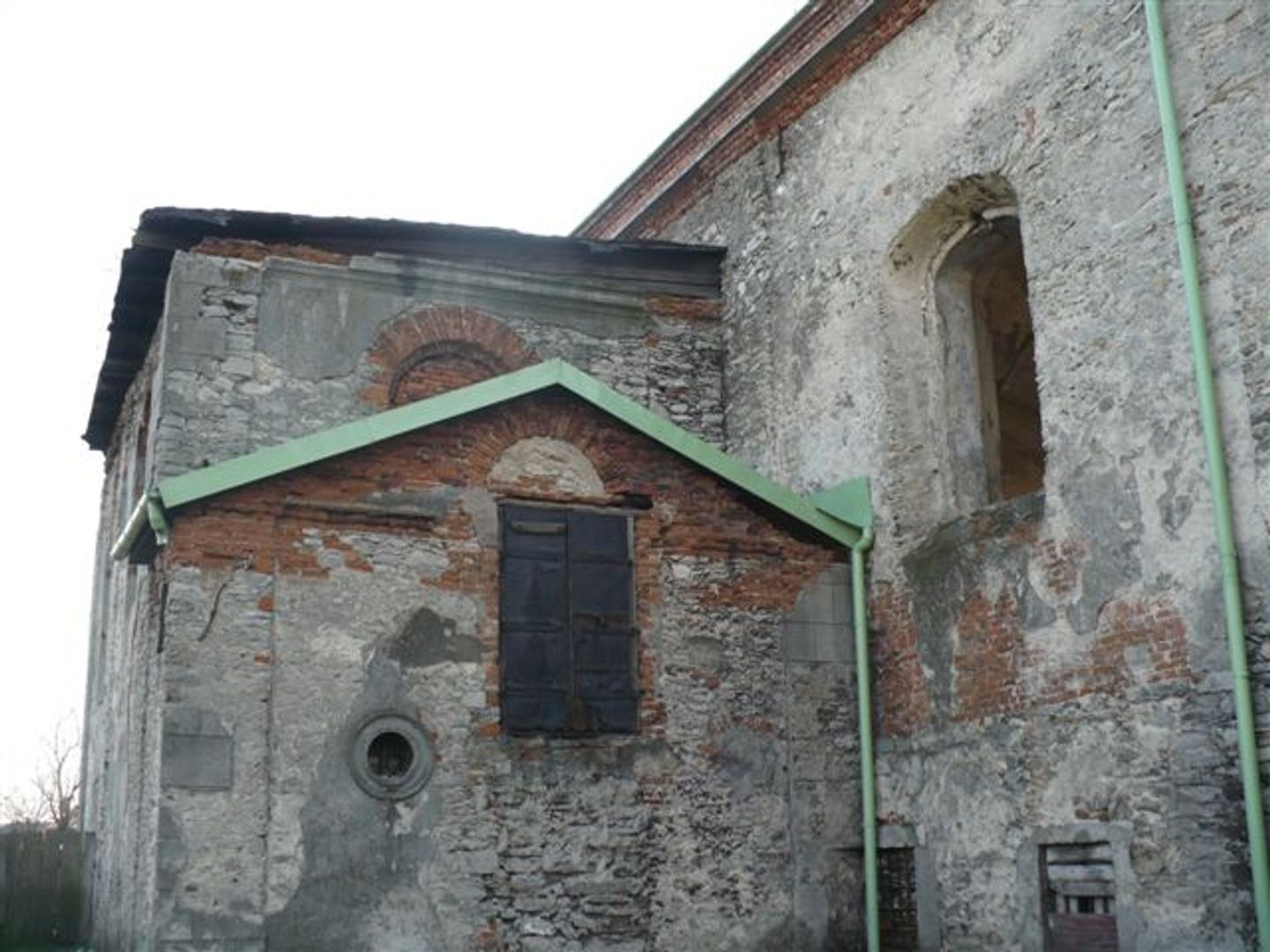Chmielnik Synagogue
6.95

Overview
The synagogue in Chmielnik, located at 14 Wspólna Street and built in the 18th century, is an important monument of Jewish culture in Poland. Its history dates back to 1630, when Krzysztof Gołuchowski granted Jews the privilege to settle and conduct economic activities. In the 19th century, after a fire in 1876, the synagogue was rebuilt, which altered the appearance of its roof and interior. During World War II, the synagogue was devastated by the German occupiers, and its interior spaces were used as a warehouse. After the war, the building served as a grain storage facility, contributing to its further degradation.
In 2008, a decision was made to renovate the synagogue, which now functions as a museum showcasing life in Polish-Jewish towns (shtetls). The renovation project, designed by the architectural firm Nizio Design International, reflects the history of Jews in Chmielnik and pre-war life in shtetls. The structure consists of two parts: the first, a metal cube, symbolizes light—the shared life of Poles and Jews before World War II—and its roof serves as a stage for cultural events. The second part, the House of Shadow, symbolizes the Holocaust. The interior of the synagogue also features a reconstructed 18th-century glass bimah, highlighting the historical character of the building.
Architecturally, the synagogue was built in a classic style, with a rectangular layout and a hipped roof. The main prayer hall, significantly lowered in relation to the ground level, is covered with a four-part vault. In addition to magnificent stucco decorations, Baroque architectural elements have been preserved, testifying to the synagogue’s rich pre-war furnishings. In the past, the interior featured many valuable and artistic details, though most were lost during the war.
The renovation of the synagogue cost approximately 7 million złoty, with part of the funds obtained from regional and national programs. Since January 2014, the Świętokrzyski Sztetl Educational and Museum Center has allowed visitors to better understand the history and traditions of Jews in the region. Thanks to these initiatives, the synagogue has become a place for reflection on Jewish history and their presence in Poland, as well as a space for contemporary cultural events.
Location
2026 Wizytor | All Rights Reserved